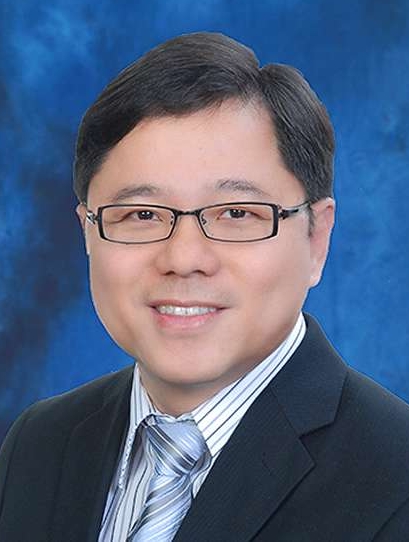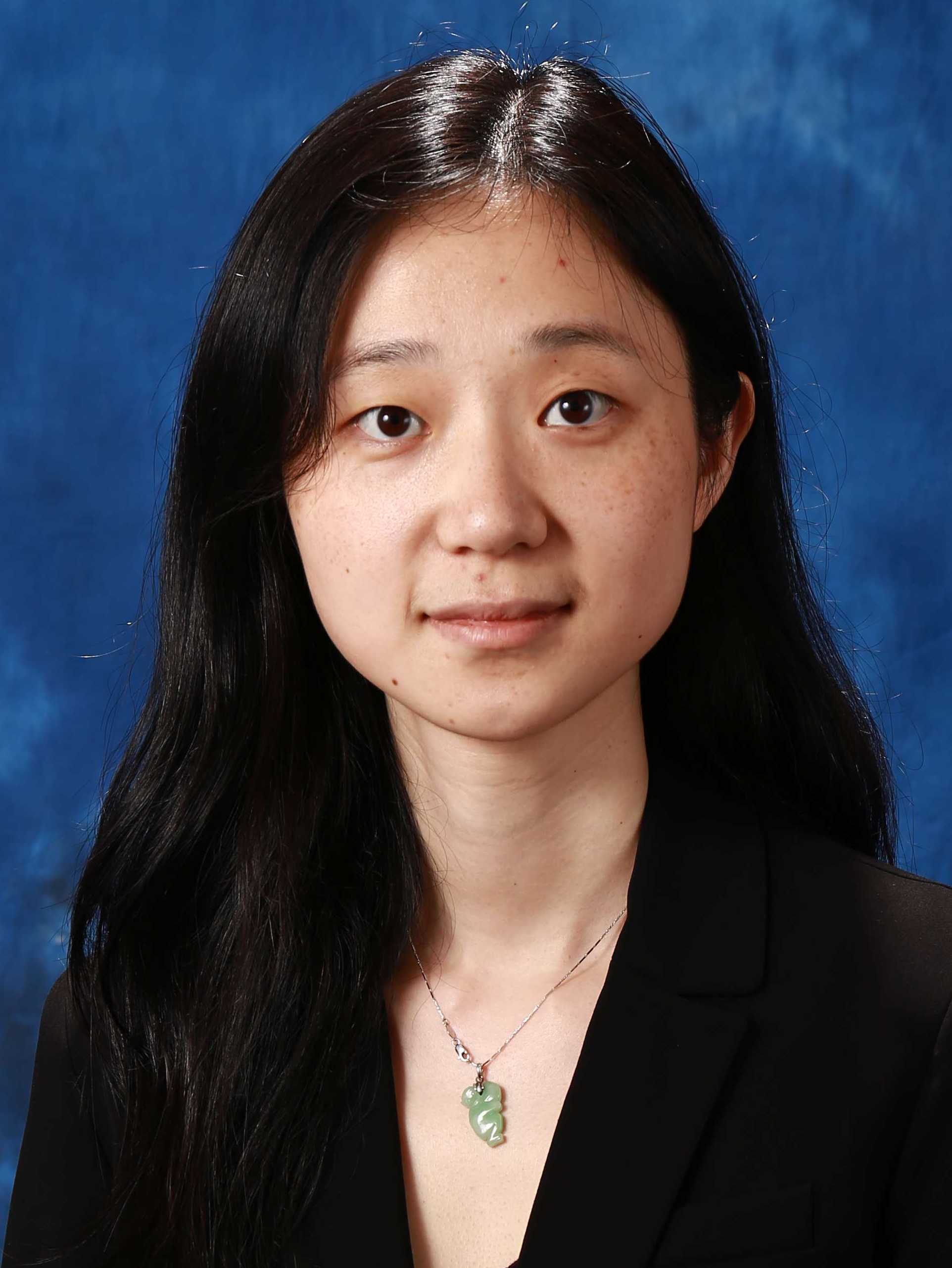Homepage
Home
Prof. SHU, Chester Ching Tat elected Optica Fellow (formerly OSA) 2022
Prof. SHU, Chester Ching Tat from the Department of Electronic Engineering, The Chinese University of Hong Kong (CUHK), has been elected to Optica Fellow (formerly OSA) 2022 for "For seminal contributions to effective control and processing of optical signals in communications". This is an award and honor for "distinction in the advancement of optics and photonics through distinguished contributions to education, research, engineering, business and society." Every year no more than 0.5% of Optica members (~100) can be elected Fellows.
Congratulations!
For details on his research interests and achievements, please visit http://www.ee.cuhk.edu.hk/~ctshu

Prof. Zhao is awarded the Outstanding Fellow of the Faculty of Engineering.
Prof. Zhao from the Department of Electronic Engineering, The Chinese University of Hong Kong (CUHK), is awarded the Outstanding Fellow of the Faculty of Engineering.
For details on her research interests and achievements, please visit http://www.ee.cuhk.edu.hk/~nzhao
Subcategories
Research Groups Article Count: 9
Awards & Honors Article Count: 314
Research Grants Article Count: 84




